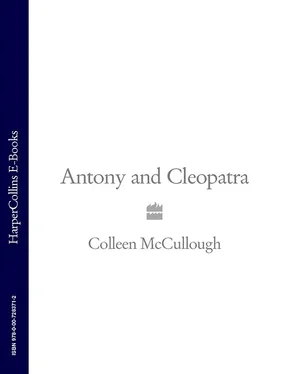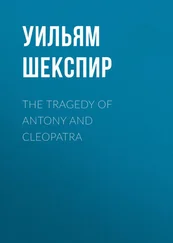COLLEEN McCULLOUGH

HarperCollins Publishers Ltd. 1 London Bridge Street London, SE1 9GF
www.harpercollins.co.uk
This paperback edition 2008
First published by HarperCollins Publishers 2007
Copyright © Colleen McCullough 2007
Colleen McCullough asserts the moral right to
be identified as the author of this work
A catalogue record for this book
is available from the British Library
This novel is entirely a work of fiction.
The names, characters and incidents portrayed in it are
the work of the author’s imagination, and, while
historical characters make appearances in the book,
this is a fictionalised account.
All rights reserved under International and Pan-American Copyright Conventions. By payment of the required fees, you have been granted the non-exclusive, non-transferable right to access and read the text of this ebook on-screen. No part of this text may be reproduced, transmitted, down-loaded, decompiled, reverse engineered, or stored in or introduced into any information storage and retrieval system, in any form or by any means, whether electronic or mechanical, now known or hereinafter invented, without the express written permission of HarperCollins ebooks.
HarperCollins Publishers has made every reasonable effort to ensure that any picture content and written content in this ebook has been included or removed in accordance with the contractual and technological constraints in operation at the time of publication
Source ISBN: 9780007225804
Ebook edition: September 2008 ISBN: 9780007283712
Version: 2018-06-08
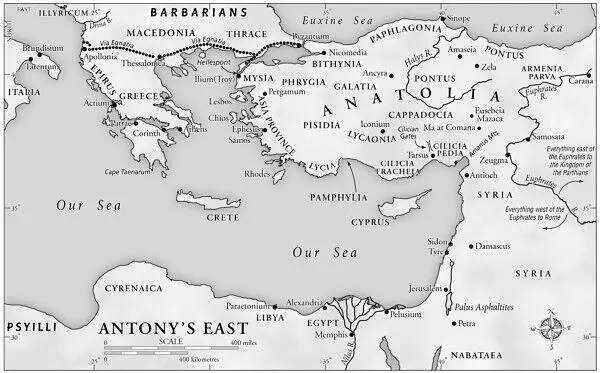
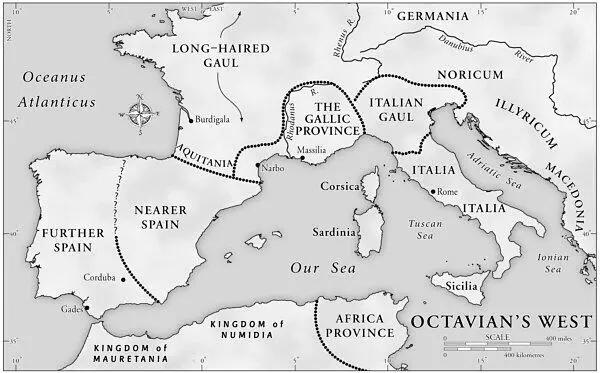
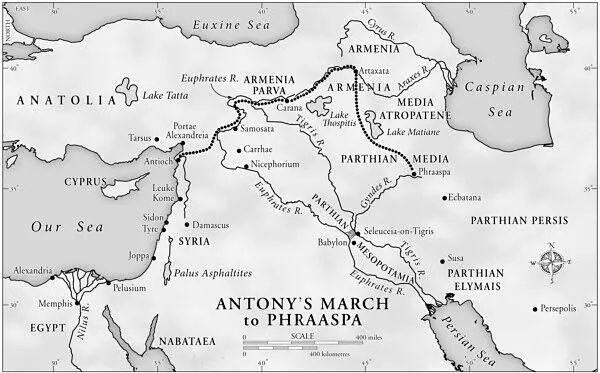
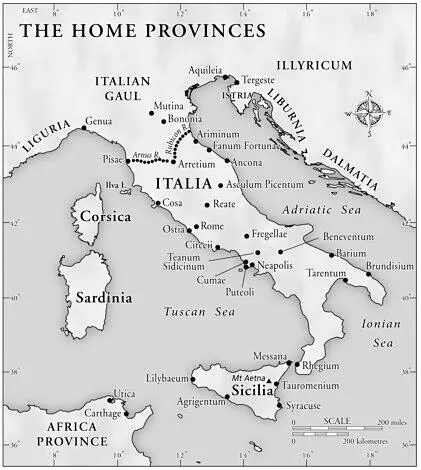
For the unsinkable Anthony Cheetham with love and enormous respect
Title Page COLLEEN McCULLOUGH
Copyright Copyright HarperCollins Publishers Ltd. 1 London Bridge Street London, SE1 9GF www.harpercollins.co.uk This paperback edition 2008 First published by HarperCollins Publishers 2007 Copyright © Colleen McCullough 2007 Colleen McCullough asserts the moral right to be identified as the author of this work A catalogue record for this book is available from the British Library This novel is entirely a work of fiction. The names, characters and incidents portrayed in it are the work of the author’s imagination, and, while historical characters make appearances in the book, this is a fictionalised account. All rights reserved under International and Pan-American Copyright Conventions. By payment of the required fees, you have been granted the non-exclusive, non-transferable right to access and read the text of this ebook on-screen. No part of this text may be reproduced, transmitted, down-loaded, decompiled, reverse engineered, or stored in or introduced into any information storage and retrieval system, in any form or by any means, whether electronic or mechanical, now known or hereinafter invented, without the express written permission of HarperCollins ebooks. HarperCollins Publishers has made every reasonable effort to ensure that any picture content and written content in this ebook has been included or removed in accordance with the contractual and technological constraints in operation at the time of publication Source ISBN: 9780007225804 Ebook edition: September 2008 ISBN: 9780007283712 Version: 2018-06-08
Maps MAPS
PART I Antony in the East 41–40 B.C. PART I
Chapter One Chapter Two Chapter Three Chapter Four Chapter Five PART II Octavian in the West 41–39 B.C. Chapter Six Chapter Seven Chapter Eight Chapter Nine Chapter Ten PART III Victories and Defeats 39–37 B.C. Chapter Eleven Chapter Twelve Chapter Thirteen Chapter Fourteen Chapter Fifteen PART IV The Queen of Beasts 36–33 B.C. Chapter Sixteen Chapter Seventeen Chapter Eighteen Chapter Nineteen Chapter Twenty Chapter Twenty-One Chapter Twenty-Two Chapter Twenty-Three Chapter Twenty-Four PART V War 32–30 B.C. Chapter Twenty-Five Chapter Twenty-Six Chapter Twenty-Seven Chapter Twenty-Eight PART VI Metamorphosis 29–27 B.C. Chapter Twenty-Nine Glossary About the Author By the Same Author About the Publisher
PART I
41–40 B.C.
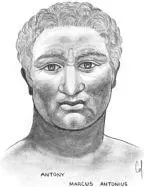
ONE
Quintus Dellius was not a warlike man, nor a warrior when in battle. Whenever possible he concentrated upon what he did best, namely to advise his superiors so subtly that they came to believe the ideas were genuinely theirs.
So after Philippi, in which conflict he had neither distinguished himself nor displeased his commanders, Dellius decided to attach his meager person to Mark Antony and go east.
It was never possible, Dellius reflected, to choose Rome; it always boiled down to choosing sides in the massive, convulsive struggles between men determined to control – no, be honest, Quintus Dellius! – determined to rule Rome. With the murder of Caesar by Brutus, Cassius and the rest, everyone had assumed that Caesar’s close cousin, Mark Antony, would inherit his name, his fortune, and his literally millions of clients. But what had Caesar done? Made a last will and testament that left everything to his eighteen-year-old great-nephew, Gaius Octavius! He hadn’t even mentioned Antony in that document, a blow from which Antony had never really recovered, so sure had he been that he would step into Caesar’s high red boots. And, typical Antony, he had made no plans to take second place. At first the youth everyone now called Octavian hadn’t worried him; Antony was a man in his prime, a famous general of troops and owner of a large faction in the Senate, whereas Octavian was a sickly adolescent as easy to crush as the carapace of a beetle. Only it hadn’t worked out that way, and Antony hadn’t known how to deal with a crafty, sweet-faced boy with the intellect and wisdom of a seventy-year-old. Most of Rome had assumed that Antony, a notorious spendthrift in desperate need of Caesar’s fortune to pay his debts, had been a part of the conspiracy to eliminate Caesar, and his conduct following the deed had only reinforced that. He made no attempt to punish the assassins; rather, he had virtually given them the full protection of the law. But Octavian, passionately attached to Caesar, had gradually eroded Antony’s authority and forced him to outlaw them. How had he done that? By suborning a good percentage of Antony’s legions to his own cause, winning over the People of Rome, and stealing the thirty thousand talents of Caesar’s war chest so brilliantly that no one, even Antony, had managed to prove that Octavian was the thief. Once Octavian had soldiers and money, he gave Antony no choice but to admit him into power as a full equal. After that, Brutus and Cassius made their own bid for power; uneasy allies, Antony and Octavian had taken their legions to Macedonia and met the forces of Brutus and Cassius at Philippi. A great victory for Antony and Octavian that hadn’t solved the vexed question of who would end in ruling as the First Man in Rome, an uncrowned king paying lip service to the hallowed illusion that Rome was a Republic, governed by an upper house, the Senate, and several Assemblies of the People. Together, the Senate and People of Rome: Senatus Populusque Romanus , SPQR.
Читать дальше
